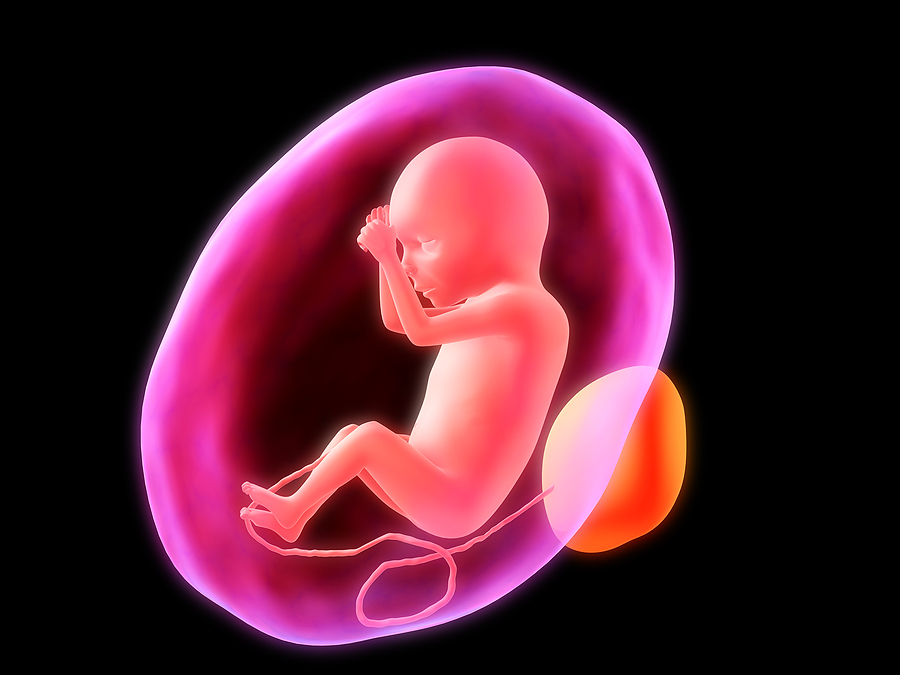Can foetus sense mum’s psychological state?
By Liz Lockhart
A foetus is constantly getting messages from its mother as it grows. It can hear its mother’s heartbeat and  the music which she may play to it.
the music which she may play to it.
In addition it received chemical signals through the placenta. This includes signals about the mother’s mental state, according to a new study which is to be published in Psychological Science. It also suggests that if a mother is depressed, that will affect how the baby develops after it is born.
The environment in which a foetus is growing, the mother’s womb, is very important. Some effects such as smoking and smoking are obvious and can be devastating, whilst others are more subtle. Studies have found that babies who were born during the Dutch famine on 1944 were likely to have later health problems such as obesity and diabetes.
Researchers from the University of California, Irvine, have studies how the mother’s psychological state affects a developing foetus. Three researchers were involved in this study – Curt A. Sandman, Elvsia P. Davis and Laura M. Glynn.
In this study they recruited pregnant women and tested them for depression before and after they gave birth. They also tested the babies after they born to see how well they were developing.
Something interesting and perhaps unexpected was found. What mattered to the babies was that the environment was consistent both before and after birth. The babies who developed best were those who either had mothers who were healthy both before and after birth and those whose mothers were depressed before birth and stayed depressed afterwards.
The thing which stunted the babies’ development was changing conditions. This is explained as a mother who went from depressed before birth to healthy after or healthy before birth to depressed after.
‘We must admit, the strength of this finding surprised us,’ Sandman says.
The cynical interpretation of this finding would be that if a mother is depressed before birth you should leave in that state for the wellbeing of the infant. ‘A more reasonable approach would be to treat women who present with prenatal depression. We know how to deal with depression,’ Sandman says.
Unfortunately women are seldom screened for depression before birth.
Sandman says that the long term effect of having a depressed mother could be neurological problems and psychiatric disorders. In a different study Sandman’s team found that older children whose mothers were anxious during pregnancy have differences in certain brain structures. Anxiety is often a co-morbid with depression.
It is suggested that it will take studies which last for decades to work out exactly what having a depressed mother means to a child’s long-term heath.
‘We believe that the human foetus is an active participant in its own development and is collecting information for life after birth. It’s preparing for life based on messages the mom is providing,’ Sandman says.
The study is called ‘Prescient human foetuses thrive’.





